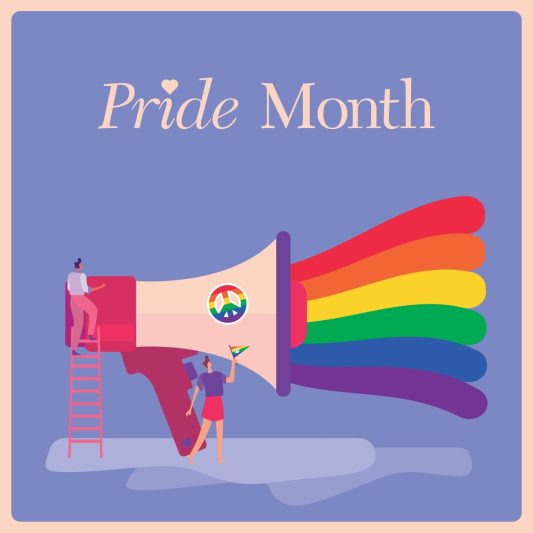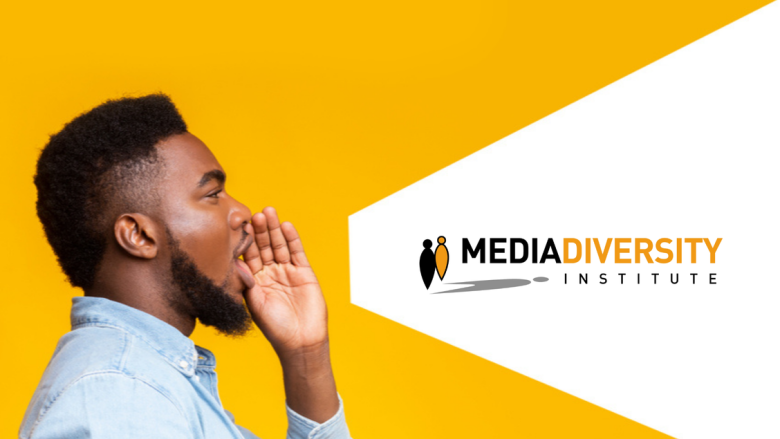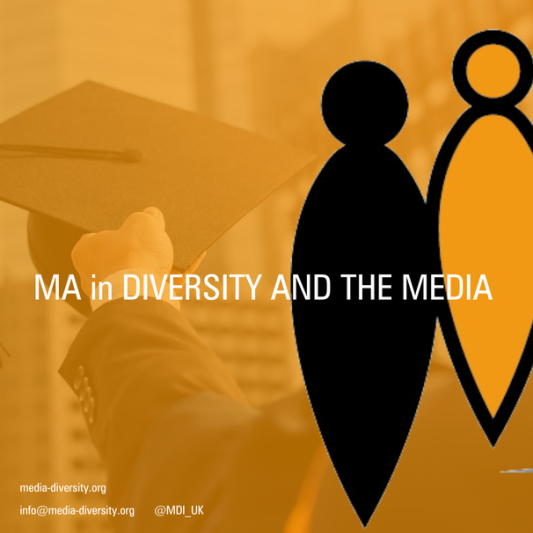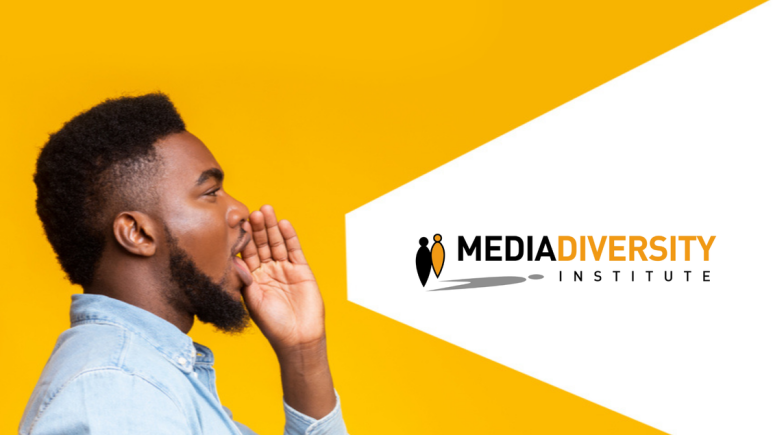
Every June many organisations and institutions celebrate Pride Month showing support for the LGBTQ+ community. In honour of the Stonewall riots and the demonstrations that took place in 1969 in New York City, pride celebrations are held in many places around the world. But discriminatory representation of LGBTQ+ community in the media, stereotypes and hate speech are still perpetuated in many societies.
In Uganda, the President has signed a new anti-LGBTQ+ law providing the death penalty for certain same-sex acts, while the media face incarceration, fines and revocation of licences if they promote LGBTQ+ rights and activities.

In the UK, there has been a 400% increase in the coverage of trans-related stories. Some research found a more respectful language and terminology being adopted, but Chair of Trans Media Watch Jane Fae tells MDI that “most of the stories are hostile”. Brian Finnegan, Director of Communications with ILGA-Europe, explains for to MDI that there is “a direct connection between the increase in hatred on social media, and in some European countries’ traditional media, and violence directed against LGBTQ+ people”.
OUR NEWS!
Throughout the last month, the Reporting Diversity Network monitoring team has detected a range of hateful narratives in the Western Balkan countries. In a response to the mass shootings in Serbia, the protestors gathering regularly in the capital Belgrade and other cities, are calling for the dismissal of the local regulatory body, the tabloids that continuously violate the Code of Journalism Ethics to be shut down, and for the permits granted to TV Channels that promote violence to be taken away. In Covinfrom project, the Media Diversity Institute team produced a ‘Mental health during the COVID-19 pandemic and lessons learnt for future crisis’ video featuring interviews with health workers and researchers.
The latest podcast on MEDIAdelcom coincides with the launch of an e-book from the project team. If you want to find out more about the media environment in Europe, media competencies and other areas of the project’s focus, listen to the podcast on YouTube or read the (free) e-book.
OUR STORIES!

Gender, AI and the Psychology of Disinformation
“The human brain is designed or built to trust what the eyes see up till recently, when all of us have been used to seeing videos we tend to believe they are real. Now we’re entering a new era where it seems very easy for non-experts to generate realistic images and even videos – which damages our trust in what we see and it’s hard to predict how we’ll be reacting to the news landscape. We’ll start becoming more distrustful,” a disinformation researcher Symeon Papadopoulo tells Media Diversity Institute.
 |
| Will the Vogue’s ‘Disability Issue’ Create Real Change? Last month, British Vogue published a Disability Issue – a groundbreaking move for an upmarket glossy. ‘Reframing Fashion’ featured 19 disabled stars with disability activist Sinéad Burke as consultant editor. The edition was also released in braille and audio form for those with sight or auditory impairments. |
 |
| How Has Feminism Influenced the African Media Landscape? Research shows that “Africa falls below the global averages across all media types monitored” when it comes to gender equality and it is the only continent that has “stagnated as the rest of the regions have improved by three to 12 points across the quarter century.” |

Our MA at the University of Westminster |
|---|
If you’re passionate about what the Media Diversity Institute does then why not apply for an MA in Diversity and the Media? Over a decade ago we developed the MA with the University of Westminster in London. The course combines a portfolio of theory and practice-based modules aimed to develop knowledge and critical understanding of the processes of managing and making sense of cultural diversity, key issues in intercultural communication and of various aspects of the sociology of news while giving first-hand experience in the practice of inclusive journalism. |

